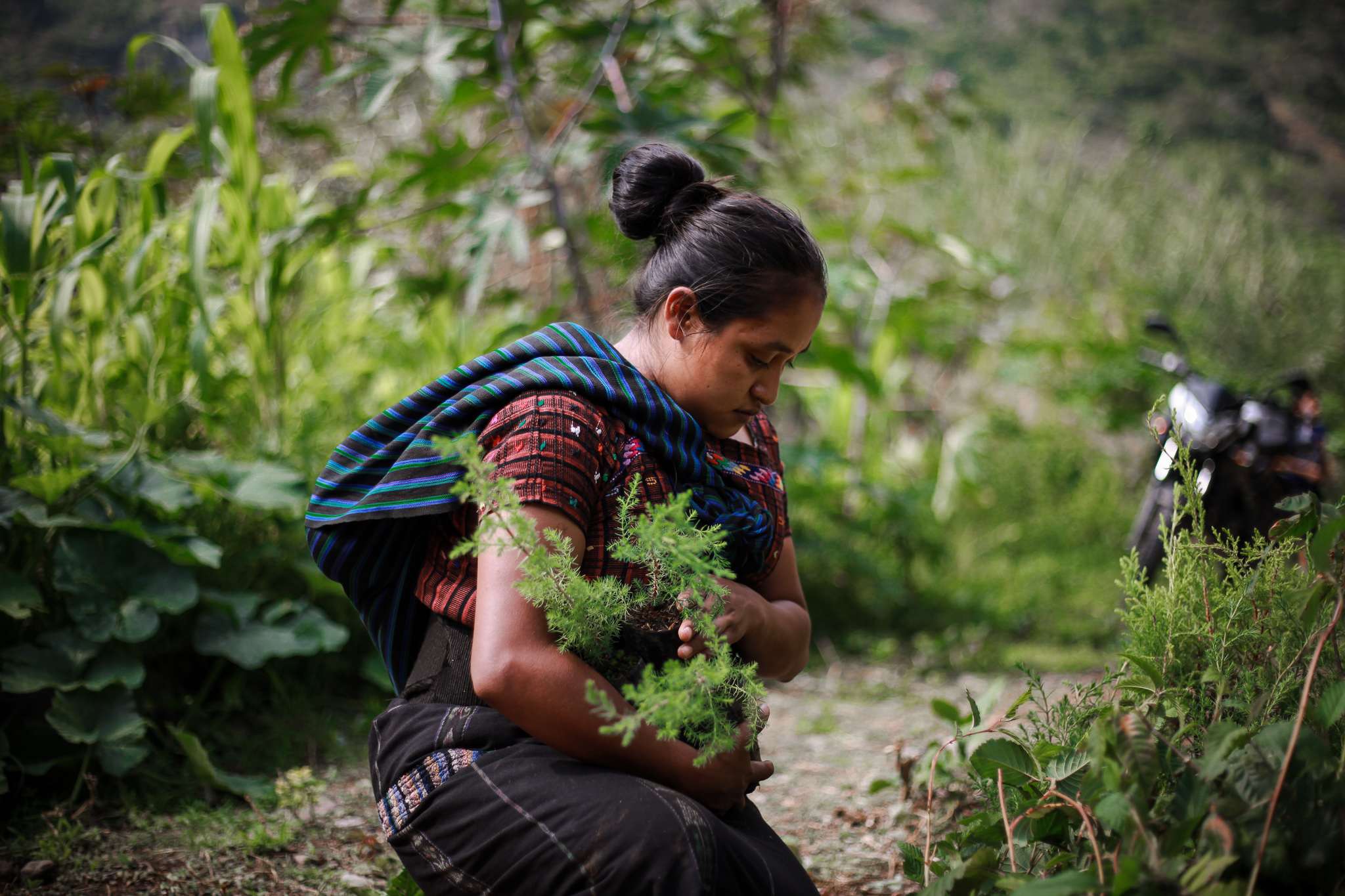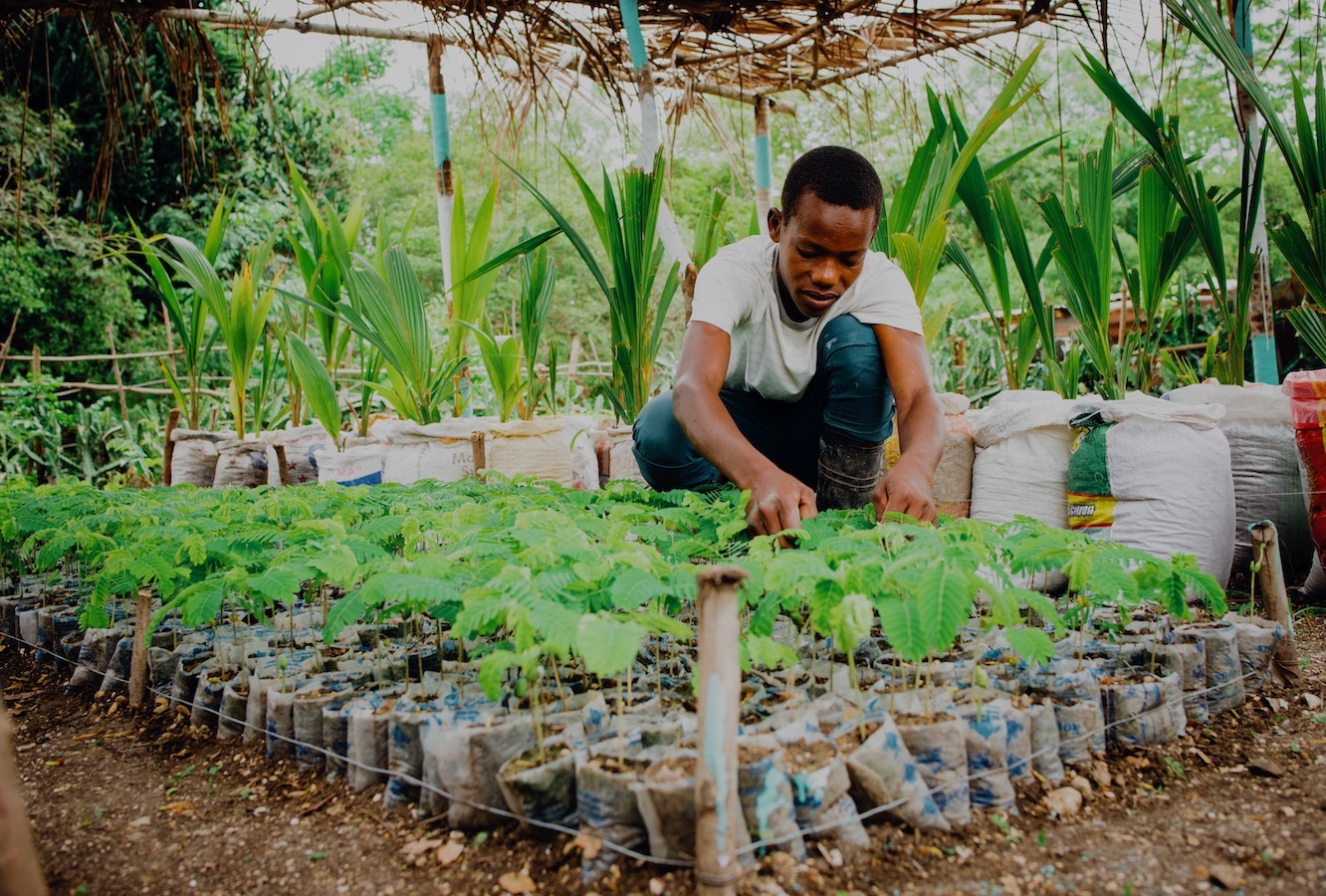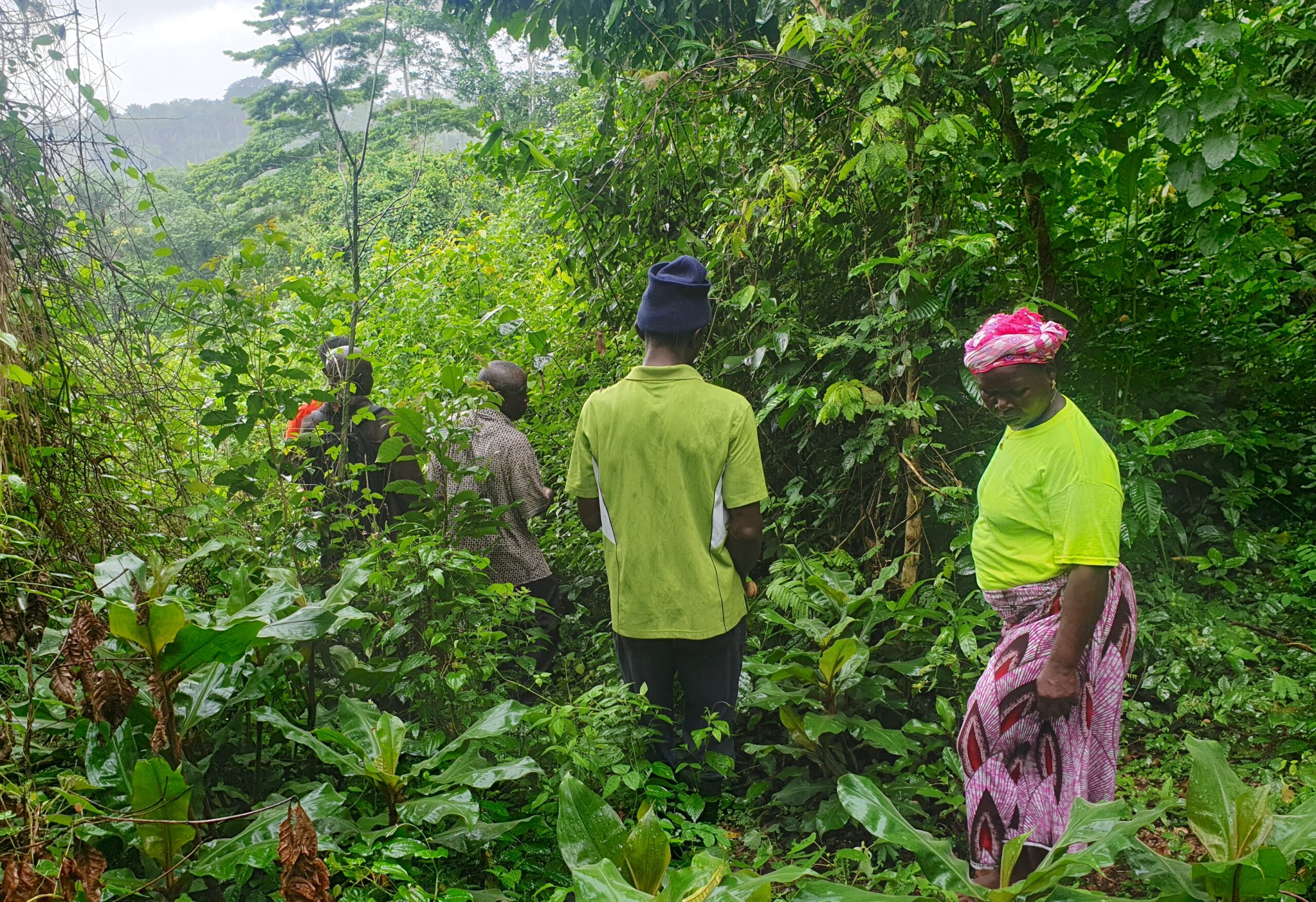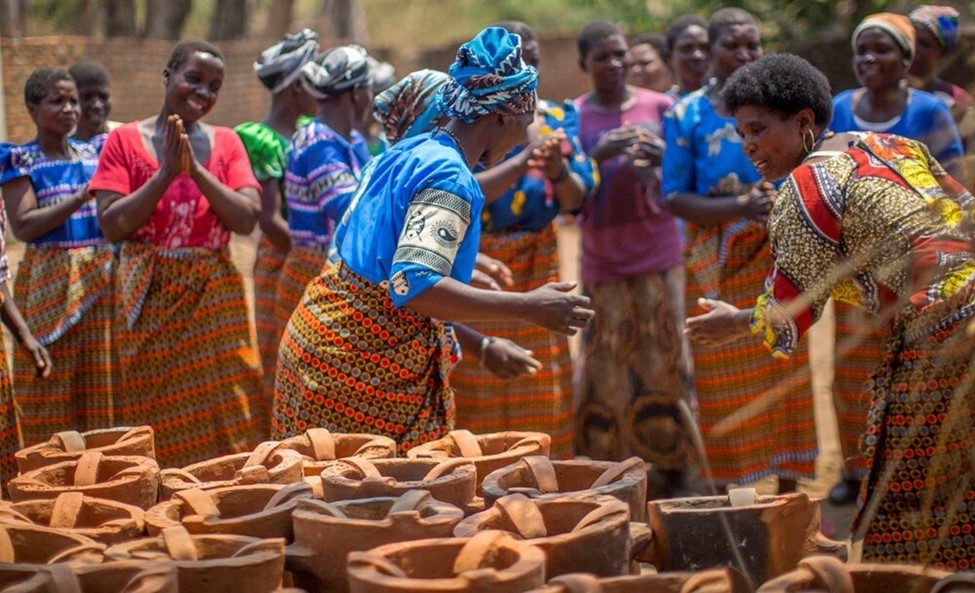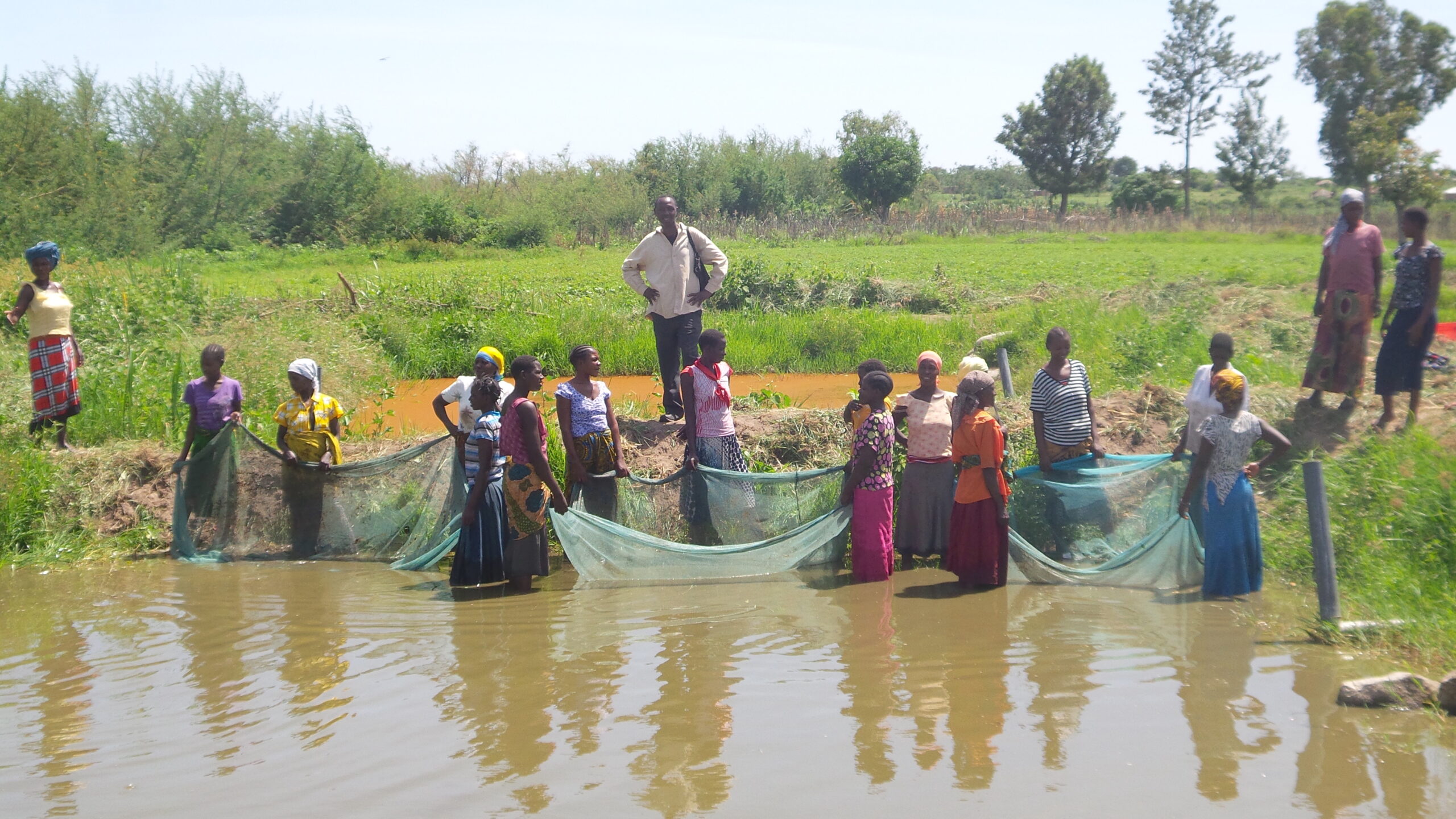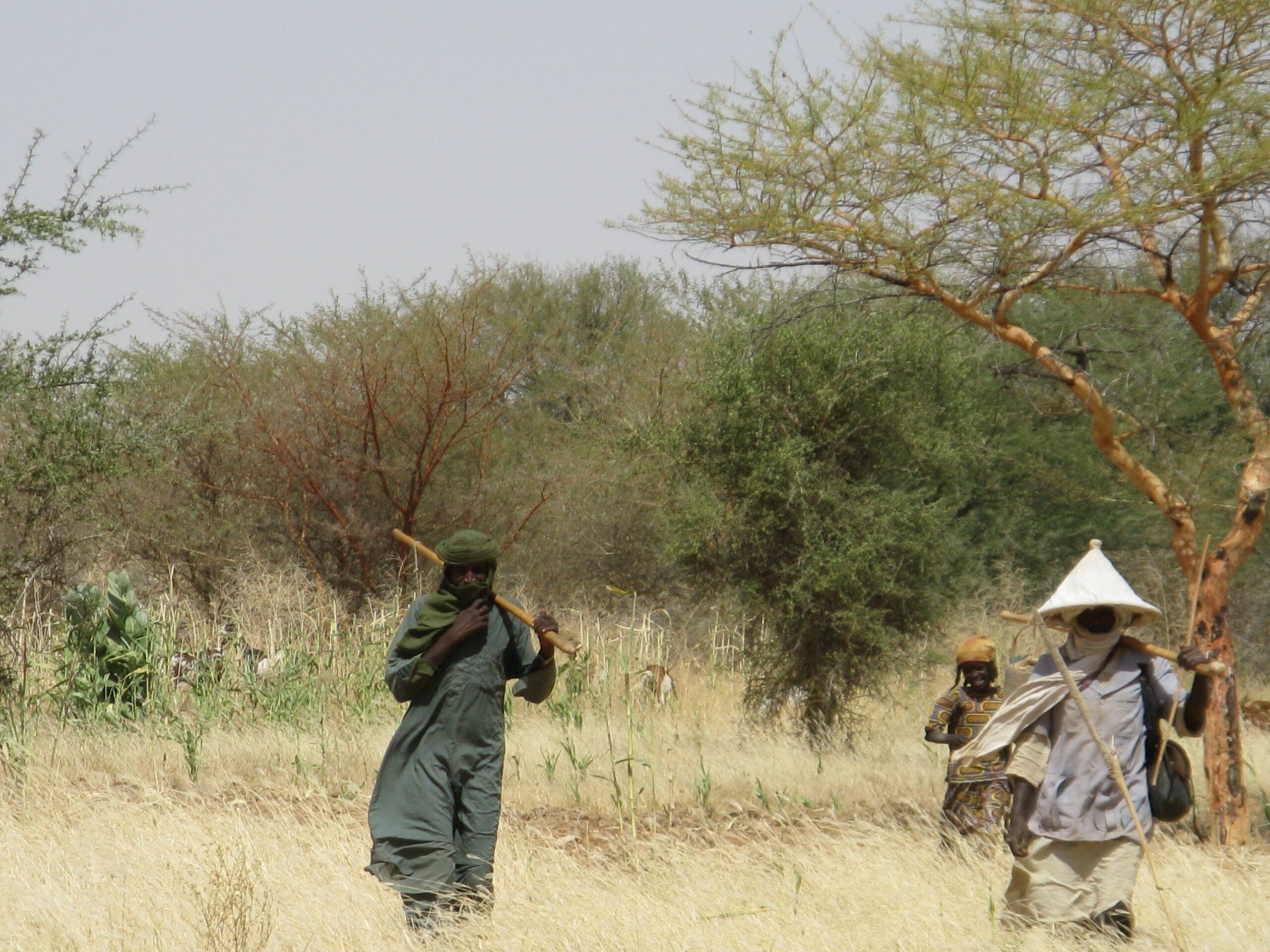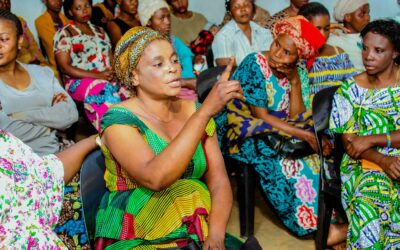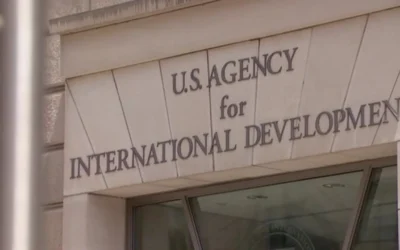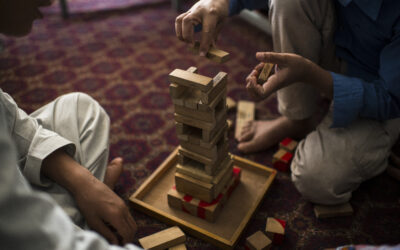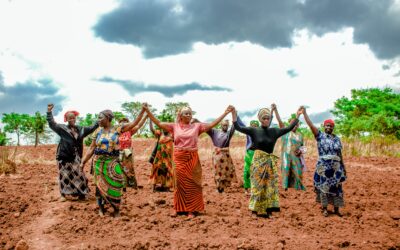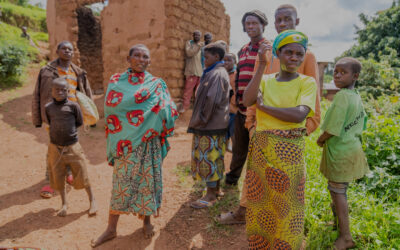Climate & Poverty: How Do We Respond?
The mission of One Day’s Wages is to alleviate extreme poverty. While we can truly celebrate all the progress that has been made over the years, there is a looming threat to that progress: climate change.
The World Bank estimates that another 100 million people could be living in poverty by 2030 because of the impact of climate change on their lives. That’s a staggering number. So why are people living in poverty so vulnerable to climate change?
- They are more exposed to the impacts of climate change — heat, drought, and floods — because of where they live,
- They have fewer safety nets to rely on when disaster strikes — things like savings and insurance,
- And they tend to lose more during natural disasters because their wealth is held in assets like livestock instead of bank accounts.
All of these vulnerabilities intersect with the issues that One Day’s Wages and our partners care deeply about: issues like hunger, livelihoods, disease, and emergency relief. Hunger is exacerbated by extreme weather events and droughts that destroy crops and cause food prices to spike. Jobs and income are impacted when climate disasters destroy livestock and infrastructure. Preventable diseases are again on the rise with increases in waterborne illness after floods, and in vector-transmitted diseases like malaria.
For these reasons, the UNHCR estimates that 23 million people are displaced from their homes each year due to climate change. Incidentally, the countries most vulnerable to climate change are hosting 52% of the world’s internally displaced peoples and 28% of all refugees.
So, how do we respond? What can we do?
On a personal level, all of us can consider the actions we can take to mitigate climate change and make sure the earth is healthy for all.
But for our partners, the mandate is different. Our partners are working within communities that are the least responsible for greenhouse gas emissions, yet the most vulnerable to changing climate and weather patterns.
That’s why we’re investing in partnerships that support communities to adapt to climate change. Through our partnership with SIDI in Tanzania, fisherwomen who can no longer earn a living from fishing in Lake Victoria because of climate change are learning to operate community-managed fish ponds instead. Similarly, in Malawi we’re partnering with PRHE so that women can earn income by making and selling climate-smart bricks made of agricultural waste.
We also support partners to build community resilience so that people living in poverty aren’t as vulnerable to the shocks of climate change in the first place. For example, we’re partnering with Restore Hope Liberia so that women experiencing depression and climate-related anxiety can receive mental health support along with climate-adapted options for growing food. Many of our partnerships also support people to grow their savings, diversify their sources of income, and protect themselves from preventable diseases.
Finally, we’re paying attention to the parts of the world that are especially vulnerable to climate change. Many of these countries and regions are already experiencing the compounding effects of conflict and extreme poverty. When we come alongside partners working in vulnerable countries, climate resilience grows alongside social change.
There is tragedy, but there is so much hope too.
Will you join us in considering one action you can take today?
__________________________________________
As Director of Global Impact, Daphne Hollinger Fowler identifies partners aligned with ODW’s values, supports partners throughout project implementation and reporting, and organizes opportunities for partners to share their expertise with each other. Daphne has 18 years of experience in international development, food security, and grant management, including 7 years working in Burkina Faso, Cambodia and Nepal. Things that bring her joy include vegetable gardens, beautiful photos, good stories, and epic family adventures. Daphne currently lives in Atlanta with her husband and 2 tween daughters.
Explore our Climate Impact Partnerships
More stories of impact
Turning Challenges into Opportunities: Masoka’s Journey of Empowerment
Masoka’s hands are stained with the rich soil of the land she now calls home. A 37-year-old mother of four, she arrived at Dzaleka Refugee Camp in Malawi after fleeing the conflict in her home country, the Democratic Republic of the Congo. The future felt uncertain,...
What Was USAID, and What Now?
USAID has made news headlines constantly over the last few months. You may find yourself wondering: what is USAID, and is One Day’s Wages affected by its dismantling? As a global development organization, we at ODW care deeply about the people who depend on foreign...
Growing Love, One Drop at a Time: How One Woman Turned Her Birthday into a Gift of Clean Water
When Sara, a graphic designer and mother from Oregon, started thinking about how to celebrate her birthday, she decided to do something different—something meaningful. With a belief that “we are all connected… with the power to affect change by how we live our own...
Bridging the Gap: An Update on Our Response to the Funding Freeze
In Matoh, Cameroon, a mother prepares to give birth. Life in a conflict zone means getting to a safe facility with trained health workers is nearly impossible. Fortunately, a new mobile clinic begins offering prenatal care and transportation to a birthing clinic,...
Why We Invest in Women
There’s an old Ghanaian proverb: “If you educate a man, you educate an individual. But if you educate a woman, you educate a family.” On this International Women’s Day, we celebrate the power of women—how their resilience, leadership, and determination transform not...
The Case for Social Inclusion
Today is the World Day of Social Justice! Never heard of it? Never fear, we’re here to fill you in. In 2009, the United Nations General Assembly launched the World Day of Social Justice to recognize our on-going need for inclusive economic development and decent work...
LEARN
Leadership
Transparency
Read the Latest
Contact Us
COLLABORATE
Faith Groups
Schools
Businesses
Get Involved
One Day’s Wages exists to alleviate extreme poverty by investing in, amplifying, and coming alongside locally led organizations in underserved communities.
©2025 One Day's Wages is a registered 501(c)(3) organization | Tax ID #26-2566653 | Privacy policy | Terms of use
P.O. BOX 17575 Seattle, WA 98127 | Contact us

